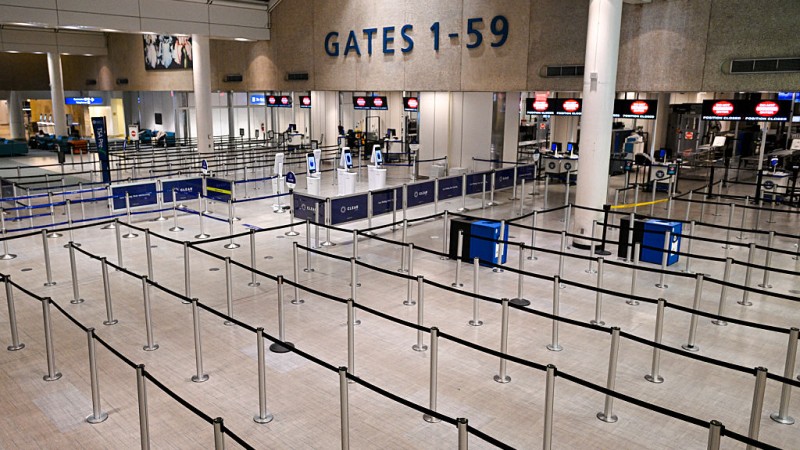
Multiple crisis created by the power structure have put the food industry into dire straits.
Governments of the European Union are engaged in wargames which simulate and foresee a global food crisis. A mix of major factors including the Russia-Ukraine war and impact on grain supplies there, as well as weather events like El Niño and La Niña and their impact on Latin American soy output, and the anti-EU farmers’ protests which have disrupted supermarket supply chains, have been cause for alarm, European officials say. Of course there’s also the example of how drastically a pandemic can interfere with supply chains. Panic buying was a trend and constant fear within the early months of the coronavirus crisis.
Bloomberg details of a conference held in Brussels last month that envisioned a 2024 to 2025 food shortage in Europe: “…over two days in central Brussels last month, some 60 European Union and government officials, food security experts, industry representatives and a few journalists gathered to confront the possibility of something barely on the radar a few years ago: a full-blown food crisis.”
Piotr Magnuszewski, a systems modeler and game designer who helped put the conference gaming scenario together told participants to “Expect a level of chaos” and cautioned, “You may be confused at times and not have enough information.”
As the report underscores, what’s remarkable about this is the fact that a continent which stands out as among the best-fed regions in the world is now busy stress testing its food system.
Below are some of the scenarios put before participants in the wargaming event last month:
* * *
Harvest failures:
“And so, it’s 2025 and there are more harvest failures. They impact animal feed prices, which curbs livestock and fish production. Some ships carrying crops turn away from Europe to cater to higher bidders elsewhere.”
Palm oil exports cut:
“Asia’s palm oil export limits are now reducing supplies of daily staples from margarine to bread. Allegations of corporate greed, disinformation and conspiracy theories are spreading.”
Fertilizer crisis:
“The cost of fertilizers and energy needed to grow crops and keep glasshouses running soared in the wake of Russia’s invasion of Ukraine.”
Unrest in the street as shortages hit locally:
“Things unravel further later in 2025. Thieves are looting supermarkets. Police struggle to contain riots spreading in cities. People in Germany can’t find fish and meat at grocery stores. Livestock farmers are going bankrupt.”
Popular anger targets elites & corporations
“Meanwhile, the public’s focus shifts to profiteering by commodity traders. Small farms fall like dominos, while attacks on immigrants begin to become more widespread. Is the EU a sinking ship, someone asks in the video?”
As for “solutions” – interestingly conference participants were told (or rather took it as an assumption) that populations would have to be weaned off meat. Let them eat bugs?
“Day two started with a mindfulness session before focusing on policy proposals and any conclusions,” the Bloomberg journalist in attendance wrote. “There was little objection to the idea that diets need to shift toward healthier options and away from meat. Questions loomed over how best to manage food reserves and monitor the level of stockpiles.”
Just who it is that will “manage” food reserves is an interesting, and possibly scary, scenario to imagine as well. Read the rest of the full report “Europe is Wargaming a Food Crisis” here.
BREAKING: Foreign Troops Taking Over US Military And Police, Alex Jones Reports


